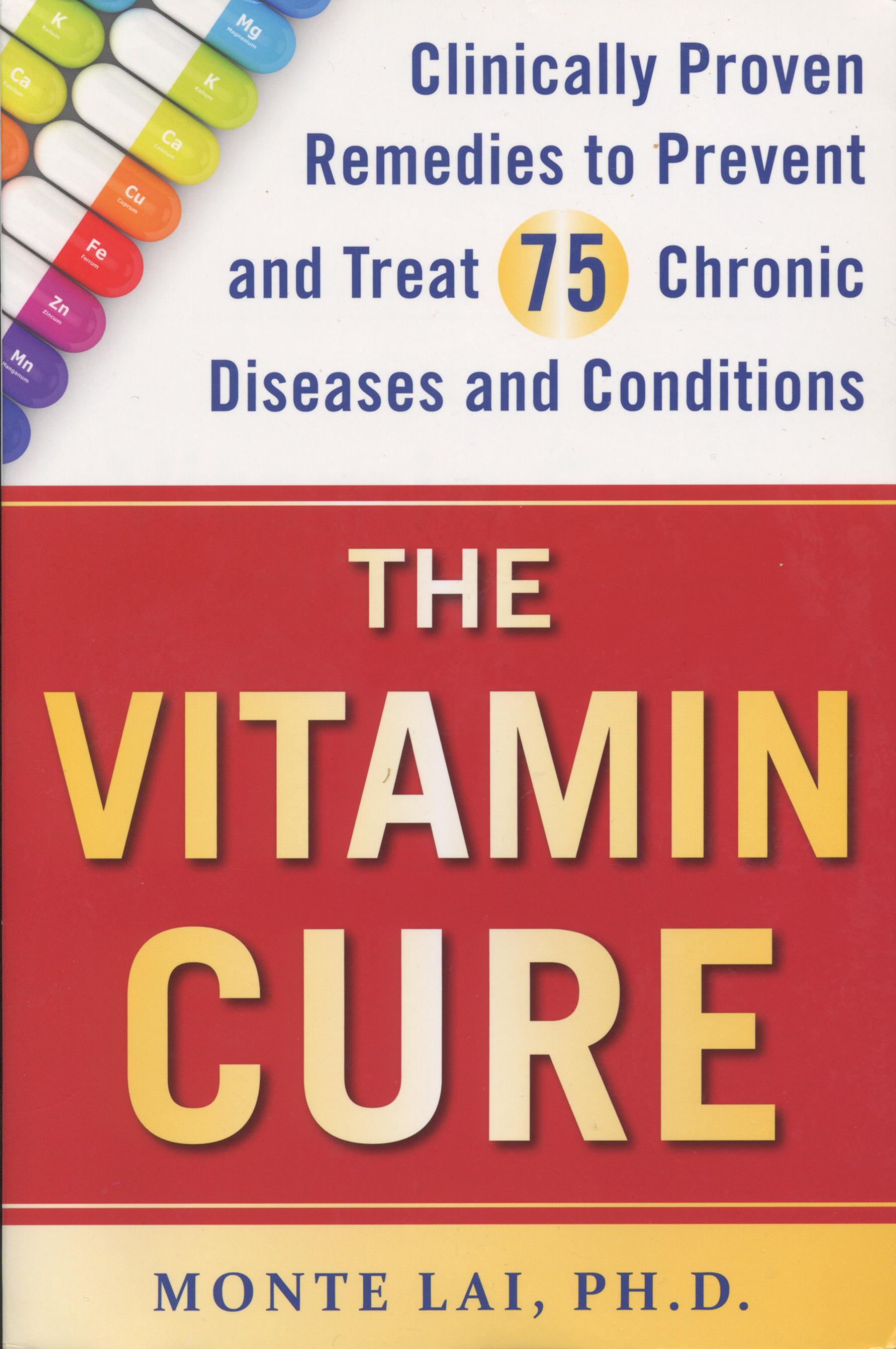
Contents
Acknowledgments vii
Introduction xv
Part One: Vitamins 1
1. Vitamin A (Retinol) 3
2. Vitamin B1 (Thiamine) 9
3. Vitamin B2 (Riboflavin) 14
4. Vitamin B3 (Niacin) 18
5. Vitamin B5 (Pantothenic Acid) 23
6. Vitamin B6 (Pyridoxine) 27
7. Vitamin B7 (Biotin) 31
8. Vitamin B9 (Folic Acid) 35
9. Vitamin B12(Cobalamin) 40
10. Vitamin C (Ascorbic Acid) 45
11. Vitamin D (Sunshine Vitamin) 52
12. Vitamin E (Alpha-Tocopherol) 62
13. Vitamin K(Phylloquinone) 67
Part Two: Essential Elements 73
14. Calcium 75
15. Potassium 81
16. Sodium 86
17. Magnesium 90
18. Phosphorus 97
19. Iron 101
20. Zinc 107
21. Manganese 114
22. Copper 118
23. Molybdenum 123
24. Iodine 126
25. Chromium 130
26. Selenium 135
27. Omega-3 Fatty Acids 141
Part Three: Secrets for Staying Healthy 151
28. How Does Sugar Make You Fat? 153
29. Why Should Patients with Autoimmune Diseases Not Eat Meat? 156
30. Who’s Coming to the Party? Free Radical, a Persona Non Grata 158
31. What Are Free Radicals? 160
32. A Personal Story of the Hunt for the Hydroxyl Radical 163
33. What Are Antioxidants? 166
34. How Does Exercise Benefit Brain Health? 169
35. Why Are Fruits and Vegetables Good for Your Health? 172
36. What Is Aging? 174
Part Four: Prevention and Treatment of Diseases and Conditions 179
37. Alzheimer’s Disease 181
38. Asthma 188
39. Atherosclerosis 192
40. Atrial Fibrillation 196
41. Attention-Deficit/Hyperactivity Disorder 200
42. Autism Spectrum Disorder 204
43. Autoimmune Thyroid Disease 208
44. Bladder Cancer 212
45. Blood Cancers 217
46. Bone Fractures 221
47. Breast Cancer 224
48. Cardiovascular Disease 232
49. Cataracts v 239
50. Cervical Cancer 244
51. Cervical Intraepithelial Neoplasia 248
52. Chronic Kidney Disease 251
53. Chronic Obstructive Pulmonary Disease 255
54. Chronic Pancreatitis 260
55. Cognitive Impairment 263
56. Colorectal Cancer 267
57. Coronary Artery Disease 275
58. Depression 279
59. Type 1 Diabetes 285
60. Type 2 Diabetes 289
61. Dry Eyes 295
62. Eczema 298
63. Endometrial Cancer 301
64. Esophageal Cancer 305
65. Exercise-Induced Bronchoconstriction 308
66. Fatty Liver Disease 310
67. Fibromyalgia 315
68. Gestational Diabetes 318
69. Glaucoma 321
70. Glioma 324
71. Gout 327
72. Graves’ Disease 330
73. Heart Attack 333
74. Heart Failure 337
75. Hemodialysis 341
76. Hepatitis C 345
77. Hypercholesterolemia (High Blood Cholesterol) 348
78. Hypertension (High Blood Pressure) 352
79. Inflammatory Bowel Disease 359
80. Kashin-Beck Disease 363
81. Liver Cancer 365
82. Lung Cancer 368
83. Lupus Erythematosus 373
84. Age-Related Macular Degeneration 377
85. Male Infertility 381
86. Melanoma 384
87. Metabolic Syndrome 388
88. Migraine 391
89. Multiple Sclerosis 395
90. Neural Tube Defects 399
91. Obesity 403
92. Oral Cleft 407
93. Orthostatic Hypotension 409
94. Osteoporosis 412
95. Pancreatic Cancer 417
96. Parkinson’s Disease 421
97. Preeclampsia 426
98. Premature Mortality 430
99. Prostate Cancer 432
100. Renal Cell Cancer 436
101. Respiratory Infections 441
102. Rheumatoid Arthritis 444
103. Rickets 449
104. Schizophrenia 451
105. Sepsis 454
106. Sleep Apnea 457
107. Stomach Cancer 461
108. Stroke 466
109. Tuberculosis 472
110. Venous Thrombosis 476
111. Vitiligo 480
Part Five: Summary of Recommended Daily Doses of Vitamins and Essential Elements for Prevention and Treatment of 75 Diseases and Conditions 483
Author’s Publications 501
References 503
Glossary 527
Abbreviations 531
Index 533
Author Resume

MONTE LAI PH.D. is formerly a professor of biophysics at the Medical College of Wisconsin. Most recently, he was CEO of the pharmaceutical Medinox, Inc. For the past two decade he has been at the forefront of the research on the pros and cons of therapeutic drugs in treating diseases and conditions.
Posted on 06/2019





